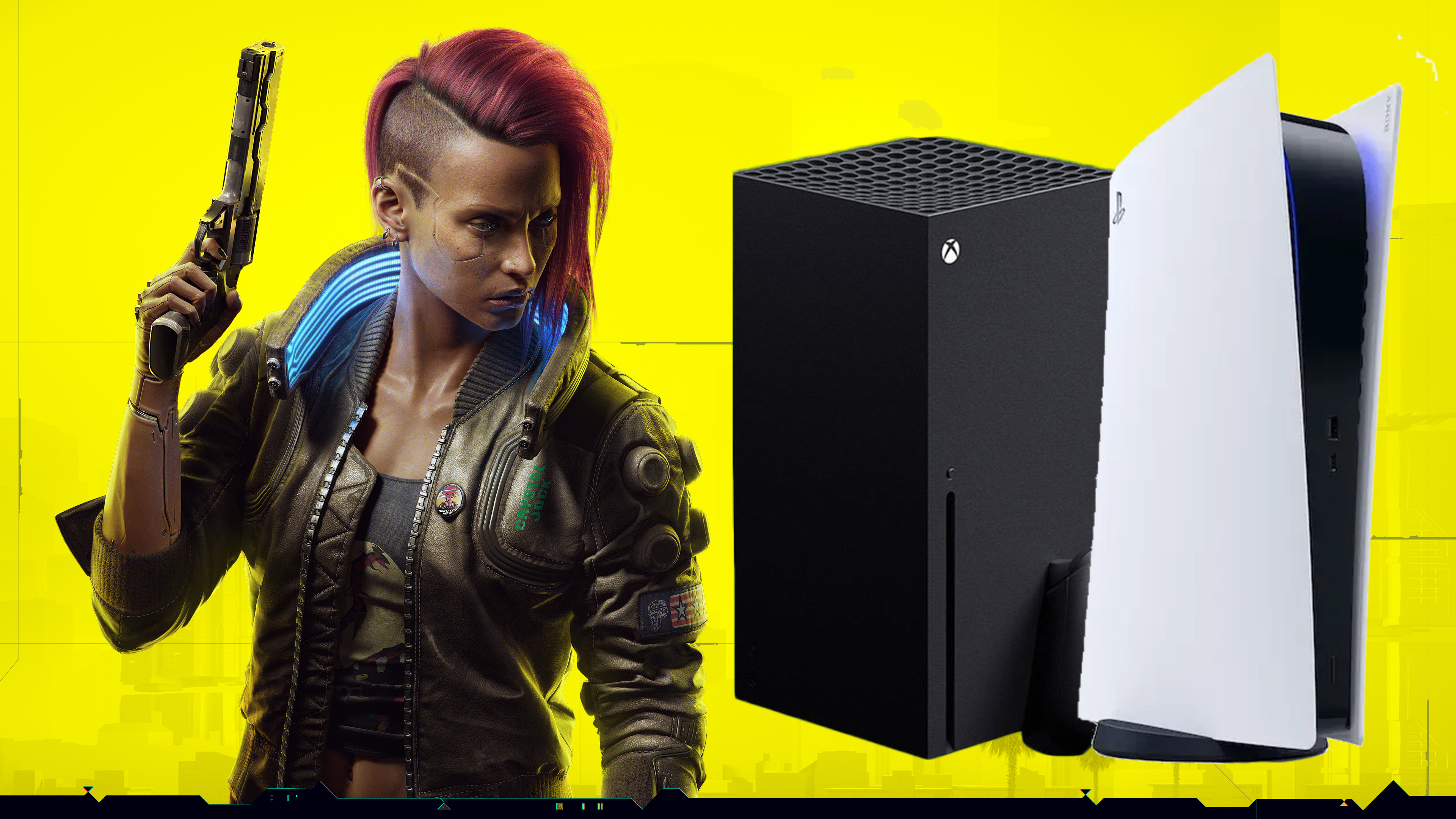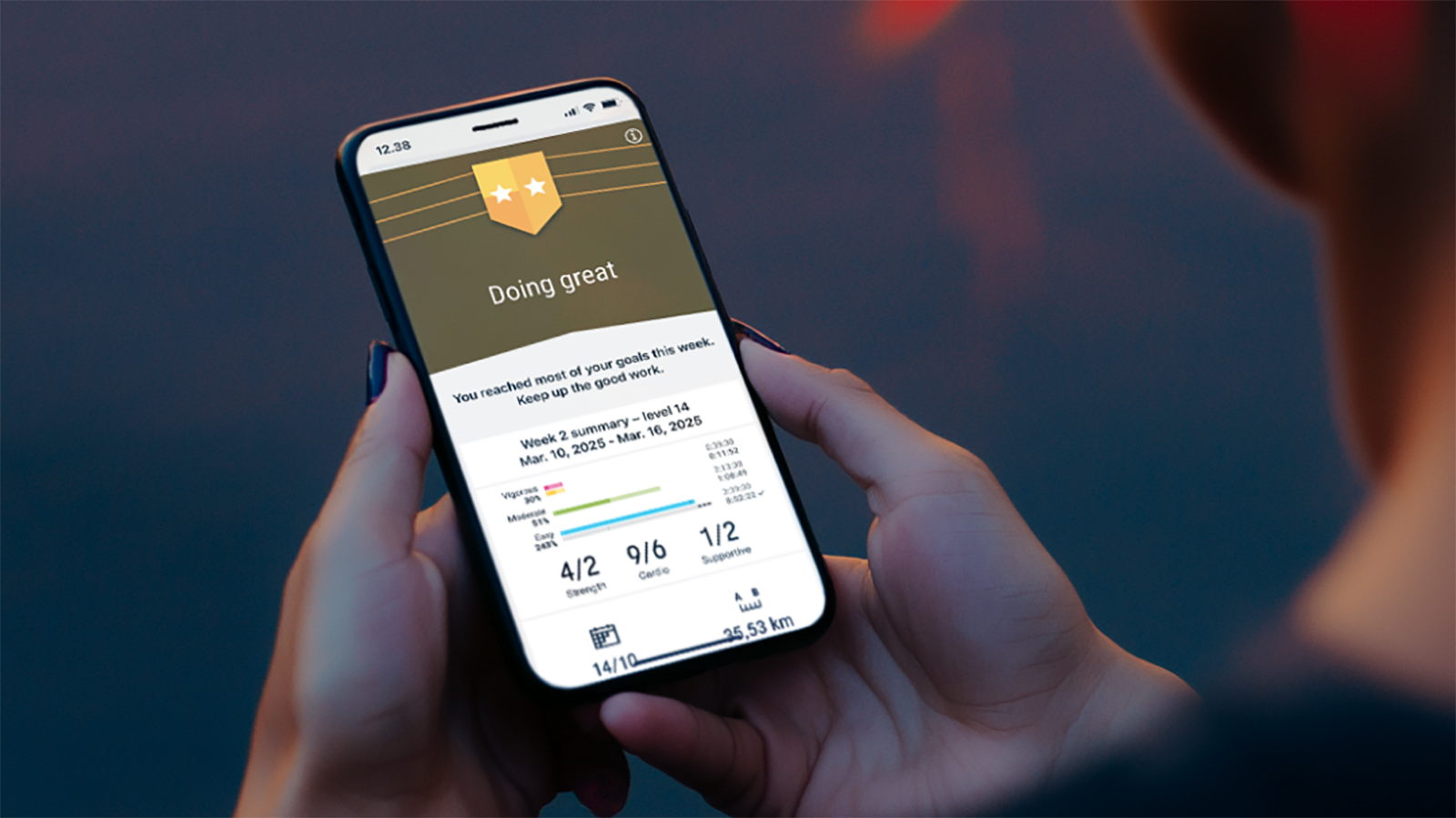

A fair few of the best games that will appear on PS5 and Xbox Series X will run at 120 frames per second (120fps). However in a great example of a new technology outrunning what's available on another technology that's needed to support it, even the current best OLED 4K TVs can't all handle 120fps gaming.
During its Xbox Series X games showcases, Microsoft has revealed that the first games to support the new console's ability to run games in 4K at 120 frames per second (previous consoles have peaked at 60fps) include Ori and the Will of the Wisps, and the racer DiRT 5, both of which will be available on launch day to show what the Series X can do. PlayStation 5 will also support 120fps, though we haven't heard as much about inclusion in games.
But the ability to show 120fps video isn't built into every TV, not by a long way, so don't assume that just because you're getting a great new TV in anticipation of the new consoles that it will support this particular feature. Even premium OLED TVs won't necessarily include support.
In theory, the simplest thing to look out for is HDMI 2.1 support – this is the latest version of HDMI, and has 120fps support as part of its specification. However, HDMI 2.1 support is thin on the ground even on new TVs released in 2020. LG's new OLED TV range has it, so is all geared up for PlayStation 5 and Xbox Series X – that's why one of its TVs has taken a spot as our best gaming TV. Read our LG CX review and LG GX review to find out more about why we like them so much.
But LG was actually ahead of the game too – its 2019 OLED TVs also include HDMI 2.1, and you can get last year's models with big discounts now, making them the best bargains for TVs that support every major next-gen console feature. You should check out our LG C9 review and LG B9 review for more information about them – the B9 is the cheapest with full HDMI 2.1 support.
Confusing things further, Samsung's 2020 range does have HDMI 2.1 support on all QLED TVs, but the company doesn't loudly advertise it. There's only one HDMI 2.1 port per TV and, even more confusingly, not every model supports 120fps mode despite supporting HDMI 2.1.
The Samsung Q60T doesn't include 4K 120fps on any model, though it remains a pretty great TV for the price otherwise – read our full Samsung Q60T review. The step-up Samsung Q70T model does have 120fps support, as does the excellent Samsung Q80T range… except for the smallest 49-inch Q80T model, but other sizes are good to go. We think this set is great, as explained in our Samsung Q80T review. The Samsung Q90T, its flagship 4K model, also has support – see our Samsung Q90T review for why we think this is the best 4K LCD TV of the year.
Sign up to the T3 newsletter for smarter living straight to your inbox
Get all the latest news, reviews, deals and buying guides on gorgeous tech, home and active products from the T3 experts
Samsung's 2020 8K TVs also support 4K at 120fps, including the Q800T entry-level 8K model, and the ultimate Samsung Q950TS, which we rate as the best TV on the planet – our Samsung Q950TS review explains why.
2019's Samsung Q90R 4K TV also supports 4K at 120fps, as does the Q900R 8K TV.
The new Sony XH90/X900H is the best mid-range LED TV with promised HDMI 2.1 support – our review is imminent, but we can say that this TV is very good. At launch, it only has HDMI 2.0, but Sony says an update will bring 2.1 to it, though we don't know exactly when – we hope before the consoles come out…
For now, that's really your lot for 120fps support. Panasonic has confirmed its 2020 range won't support it, Sony's OLED TVs don't support it, and Philips doesn't support it in 2020. We haven't heard of any budget sets that stretch to include support so far.
Why is 120fps good?
Most games run at either 30 or 60 frames per second on consoles. Higher frame-rates are generally considered to be preferable for two reasons: 1) everything moves more smoothly, making it more realistic, at higher number of frames per second; 2) for fast action games, more frames per second means that you see the results of your button-presses faster (or, indeed, you see what other people are doing a fraction of a second earlier).
Going from 60fps to 120fps just emphasises these advantages even more – at that many frames of video per second, things are essentially indistinguishable from movement in real life. In the games given above, the advantages are that Ori and the Will of the Wisps' art style and animations will look like nothing you've ever seen before really, like a drawing truly come to life. And for racing games, a high frame rate means your eye is able to judge how fast a corner is coming even more accurately, and you can make tiny adjustments and see instant results.
Not every game is going to support 120fps – indeed, it looks like majority of really next-gen games with fancy graphics probably won't even try – but the potential is one of the really big leaps that the new consoles can make, so if you want to get the most out of them, make sure you don't get the wrong TV.
- The best 32-inch TVs – perfect for bedrooms and offices
- The best 43-inch TVs – great entry-level 4K sets
- The best 48- to 50-inch TVs – beautiful mid-size 4K TV sets
- The best 55-inch TVs – premium TVs that still fit most living rooms
- The best 65-inch TVs – beautiful big-screen TVs
- The best 75-inch TVs – giant 4K and 8K TVs packed with features
Matt is T3's former AV and Smart Home Editor (UK), master of all things audiovisual, overseeing our TV, speakers and headphones coverage. He also covered smart home products and large appliances, as well as our toys and games articles. He's can explain both what Dolby Vision IQ is and why the Lego you're building doesn't fit together the way the instructions say, so is truly invaluable. Matt has worked for tech publications for over 10 years, in print and online, including running T3's print magazine and launching its most recent redesign. He's also contributed to a huge number of tech and gaming titles over the years. Say hello if you see him roaming the halls at CES, IFA or Toy Fair. Matt now works for our sister title TechRadar.
-
 3 overrated shoulder exercises, according to a fitness expert (and what to do instead)
3 overrated shoulder exercises, according to a fitness expert (and what to do instead)Sculpt 3D shoulders whilst minimising injury with these three alternative exercises
By Bryony Firth-Bernard Published
-
 Polar’s new subscription feature lands in the shadow of Garmin’s Connect+ rollout
Polar’s new subscription feature lands in the shadow of Garmin’s Connect+ rolloutPR genius or timing disaster? Polar’s new Fitness Programme adds adaptive training to its ecosystem
By Matt Kollat Published